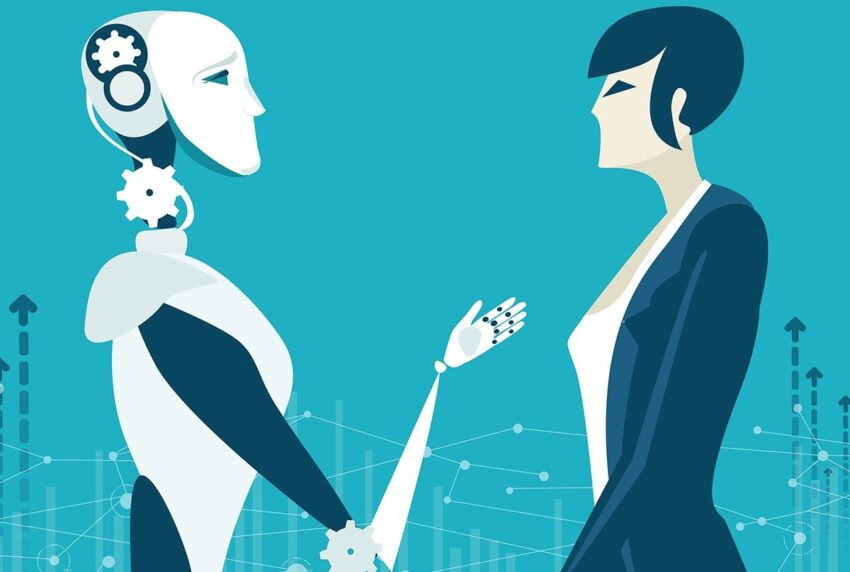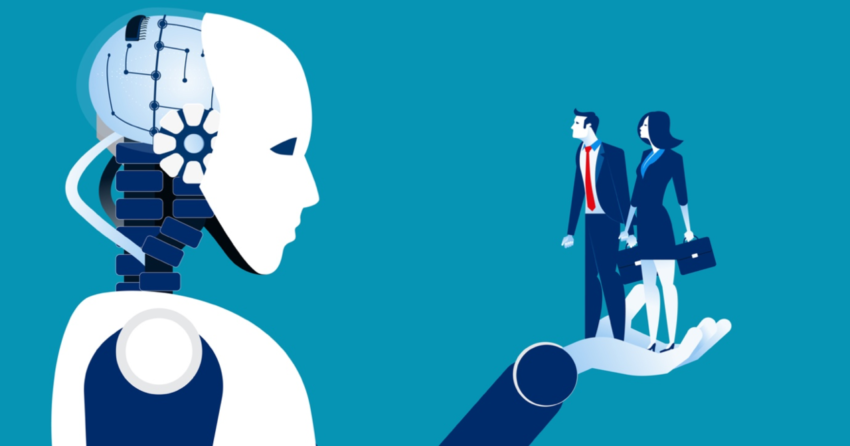Artificial intelligence (AI) has been transforming industries and changing the way we live and work. From healthcare and finance to transportation and entertainment, AI has already made a significant impact in various sectors. As technology advances, AI is becoming more sophisticated and is expected to play an even bigger role in the future. In this article, we will explore how artificial intelligence will change the future.
Introduction to Artificial Intelligence

Artificial intelligence is the ability of machines to perform tasks that typically require human intelligence, such as visual perception, speech recognition, decision-making, and natural language processing. AI systems are designed to learn from data and improve their performance over time. Machine learning and deep learning are two subsets of AI that are used to build intelligent systems.
How AI Will Transform Industries
Healthcare
AI has the potential to revolutionize healthcare by improving diagnosis, treatment, and patient care. AI-powered systems can analyze medical data and identify patterns that humans may miss. This can lead to earlier detection of diseases, more personalized treatments, and better patient outcomes. AI can also automate routine tasks, freeing up healthcare professionals to focus on more complex tasks.
Finance
AI is already being used in finance for fraud detection, risk assessment, and algorithmic trading. In the future, AI could transform the way we bank and invest. Chatbots and virtual assistants could provide personalized financial advice, and robo-advisors could manage investments based on a person’s risk profile and goals.
Transportation
Self-driving cars and trucks are already on the roads, and AI is expected to play a bigger role in transportation in the future. AI can improve traffic flow, reduce accidents, and optimize routes. Drones and autonomous flying vehicles could also transform the delivery industry.
Entertainment
AI is already being used in the entertainment industry for content creation and curation. AI-powered systems can analyze audience data to determine what content will perform well. In the future, AI could be used to create personalized content and immersive experiences.
Potential Risks and Challenges
While AI has the potential to bring many benefits, there are also potential risks and challenges. AI systems could be used to automate jobs, leading to unemployment. There are also concerns about bias and fairness in AI decision-making. Additionally, there are concerns about privacy and security when it comes to AI-powered systems.
The Future of AI
Despite the potential risks and challenges, the future of AI is bright. AI is expected to continue to transform industries and change the way we live and work. As AI systems become more advanced, they will be able to perform even more complex tasks. The development of AI ethics and regulations will be essential to ensure that AI is used responsibly and ethically.
Conclusion
Artificial intelligence is changing the world in once unimaginable ways. From healthcare and finance to transportation and entertainment, AI has the potential to transform every industry. While there are potential risks and challenges, the benefits of AI are undeniable. As we continue to develop more advanced AI systems, it will be essential to ensure that AI is used ethically and responsibly.



